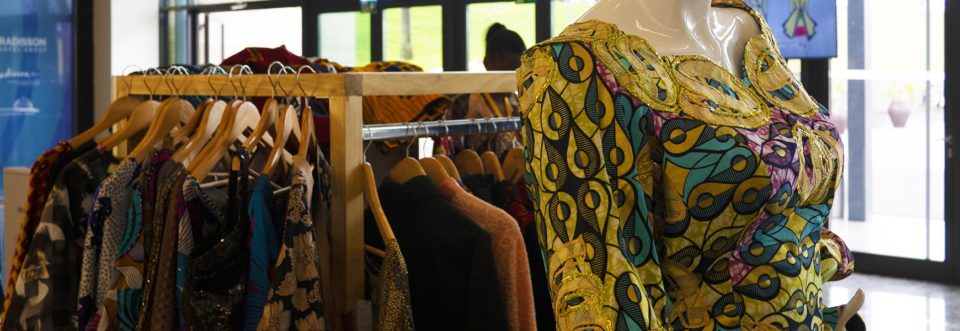
Rebuilding the African fashion industry in the (post) COVID-19 era: thinking digital and circular solutions
As factories close their doors and border closures and travel restrictions interrupt supply chains, the workers have been left to feel the worst effects
The disruption of the COVID-19 pandemic on global value chains and its impact on African businesses is already evident. As factories close their doors and border closures and travel restrictions interrupt supply chains, the workers – the most vulnerable and lowest paid people in the fashion supply chain – have been left to feel the worst effects.
Building more resilient value chains through innovative business models that will keep garments in use longer, use renewable materials and recycle old clothes into new products, was the focus of discussions during the second webinar event organized Thursday 3 September, by the African Development Bank’s Fashionomics Africa (https://FashionomicsAfrica.org) initiative in collaboration with the United Nations Environment Programme. Eighty-eight attendees joined the event.
The panel was composed of industry experts from Parsons School of Design in New-York, the UK-based charity – Ellen MacArthur Foundation and the creative minds behind sustainable African fashion brands, Orange Culture, Mariama Fashion Production and Qaaldesigns.
“My dream is to develop a healthy fashion industry in Africa. We need to be able to rely and build ourselves from our own system. At the end of the day, we have so much that needs to be done and we can’t do it alone,” Orange Culture Adebayo Oke-Lawal, said.
“Covid-19 forced our world to rethink our system. We can absolutely do this in an excellent way. It’s a question of interconnection and understanding. My waste could be someone else’s resources. What is needed is collaboration and breaking down the typical silos fashionpreneurs face in the industry,” said Brendan McCarthy of the Parsons School of Design.
The goal of the Bank’s Fashionomics Africa platform is to enable African entrepreneurs operating in the Textile, Apparel and Accessories industry to create and grow their businesses, with a focus on women and youth. Through the Fashionomics Africa Digital Marketplace and Mobile App, the Bank is also analyzing the impact of the textile sector on climate change and environment to deploy climate-friendly solutions in Africa.
McCarthy, who said digital tools have become a phenomenon and have revolutionized the way the fashion industry works, noted that Parsons School of Design is working closely with the Bank to leverage digital tools to support the African textile and fashion industry.
“African fashion entrepreneurs see in the pandemic and the acceleration of digital tools, an opportunity to reconceptualize and better educate designers, but also consumers,” said Bintou Sadio Diallo, who spoke on behalf of the African Development Bank.
The Fashionomics Africa initiative intends to contribute to the African Textile, Apparel & Accessories industry by increasing the number of entrepreneurs accessing markets through e-commerce capabilities, boosting their access to finance, technical and business skills and forging strategic partnerships with key contributors.

